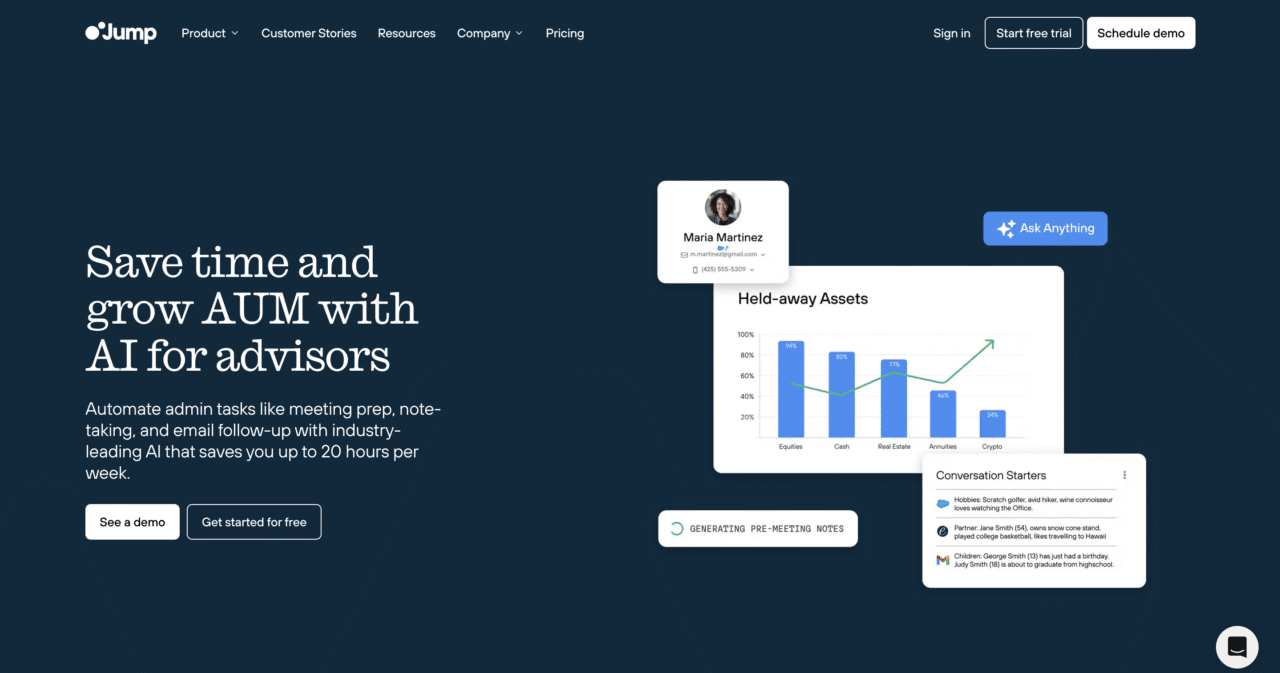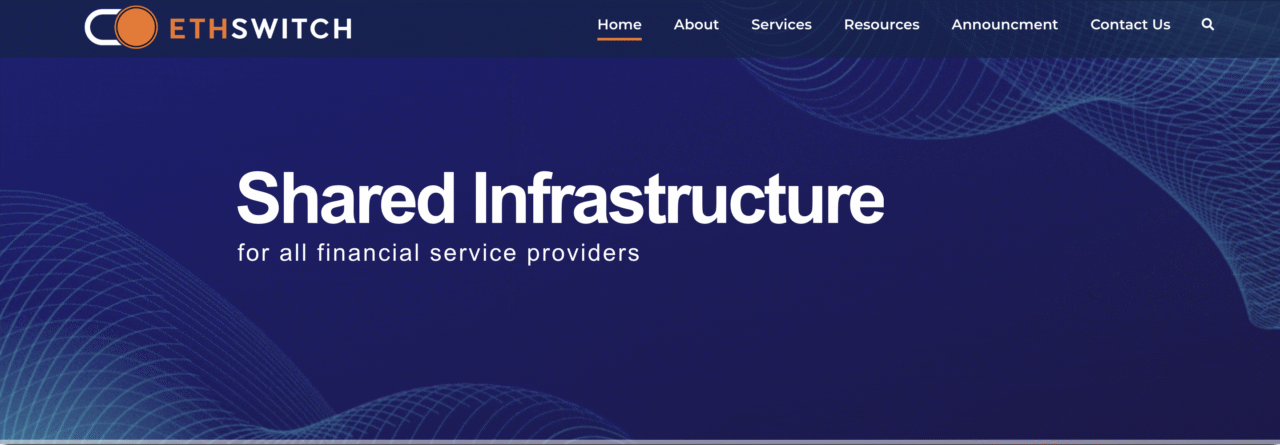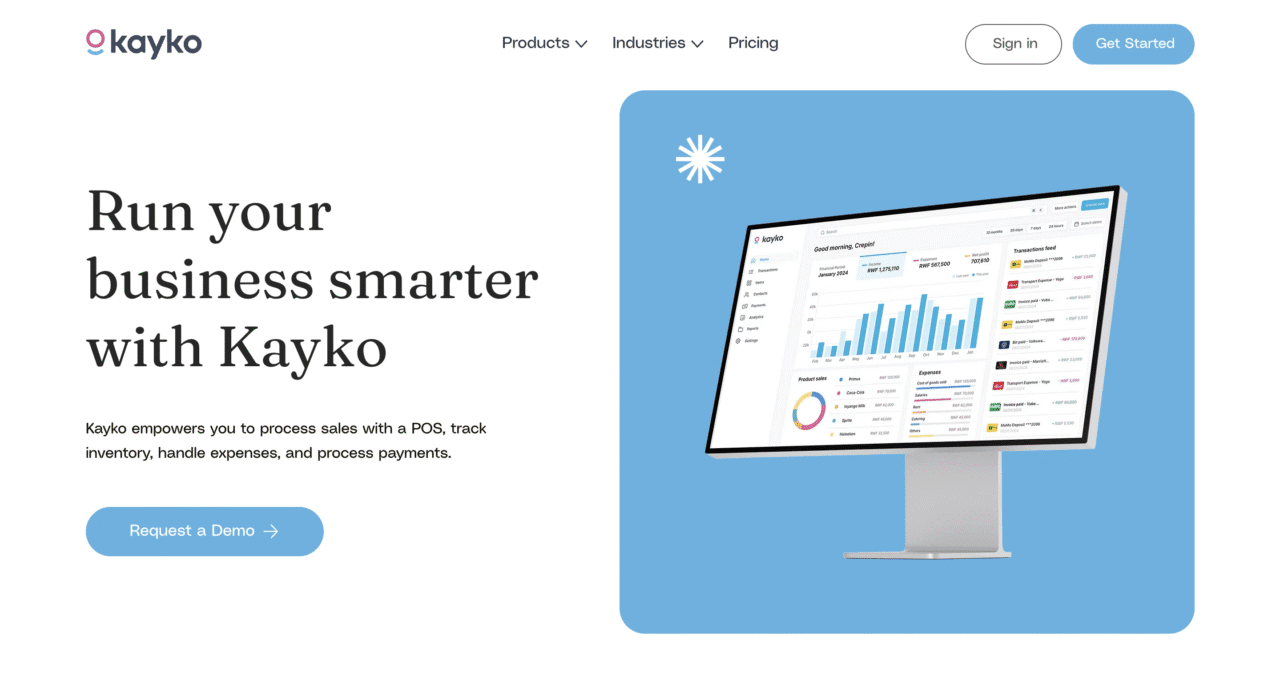
- Spreedly is partnering with Paysafe to integrate Paysafe’s merchant acquiring capabilities into its global payments orchestration platform.
- The partnership gives merchants more flexibility by combining Paysafe’s gateway and acquiring tools with Spreedly’s open payments architecture.
- The move will help modernize payment stacks with a modular approach.
Open payments platform Spreedly is partnering with payments processing fintech Paysafe, integrating Paysafe’s merchant acquirer capabilities into its own global payments orchestration platform.
Paysafe will process credit card and debit card payments for Spreedly’s online merchant clients doing business across Europe, North America, and other geographies. Under the agreement, Paysafe is processing card payments for multiple online trading brokers and financial services companies and plans to onboard additional merchants launching before the end of 2026.
From Paysafe’s perspective, the partnership expands the reach of its gateway technology into Spreedly’s global orchestration layer, particularly among online trading brokers and financial services companies operating across multiple markets. “With the Paysafe Gateway, a trusted solution for card payments among forex and financial trading brokers and a wide range of other industries, we look forward to strengthening Spreedly’s Open Payment Platform and streamlining payments for its merchant users and their customers,” said Paysafe Chief Revenue Officer Rob Gatto.
This integration is meaningful for merchants operating across borders, as payments complexity continues to grow with gateway fragmentation and regulatory changes. Combining Paysafe’s tools into Spreedly’s offering brings a modular, open payments stack that allows merchants to adapt without rebuilding their infrastructure.
Spreedly’s Open Payment Platform is a payment orchestration stack that offers merchants more than 140 gateway connections to more than 40 payment methods. Integrating the Paysafe Gateway allows Spreedly to process online card payments for merchants and their customers.
For Spreedly, adding Paysafe reinforces the company’s broader strategy of giving merchants more choice and flexibility across payment providers and geographies without locking them into a single acquirer or gateway. “At Spreedly, we believe open payments drive better outcomes for merchants. Bringing Paysafe onto our Open Payments Platform expands optionality for our customers and reinforces our mission to provide a flexible, future-ready infrastructure for global commerce,” said Spreedly Partner Strategy Director Michael Rokos.
Founded in 1996, UK-based Paysafe has 30 years of experience providing online payments tools for forex and financial trading brokers, as well as merchants in iGaming, ecommerce, travel, and hospitality. The company connects businesses and consumers across 260 payment types in over 48 currencies around the world. Paysafe processes an annualized volume of $152 billion in transactions and is publicly listed on the New York Stock Exchange under the ticker PSFE with a market capitalization of $350 million.
Spreedly was founded in 2007 to help merchants build their payments stack on a single platform. The company’s payment orchestration stack processes over $60 billion in gross merchandise value on behalf of more than 400 customers across 100+ countries. Spreedly also offers fraud prevention, payment optimization tools, and more. Among the company’s clients are BMW, CLEAR, HBO Max, Hopper, Lemonade, Getty, Warner, The New York Times, and others.

















